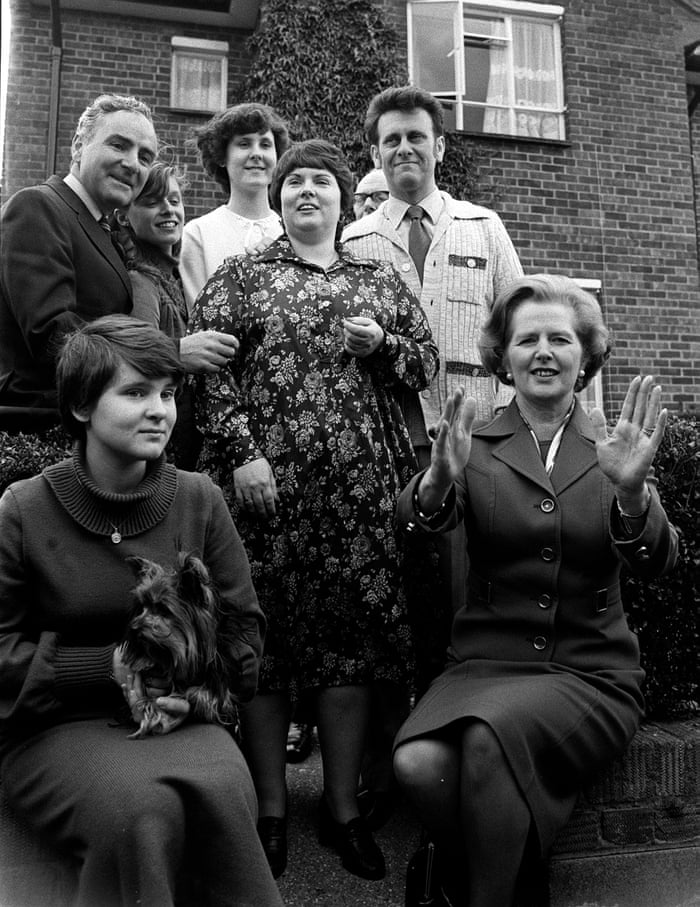Local democracy is the idea that, by campaigning and encouraging your peers to vote you into office, you work towards local improvement and towards your communities’ personal needs. This can happen through various versions of local government, whether it be a county or parish council, and aims to work under central government. However, due to governmental changes – starting in the 1960s and still being made today, local government has far less influence than they used to; the term ‘direct democracy’ is beginning to resemble England less and less in the twenty first century than ever before.
Although beginning in medieval times, a more recognisable version of local government began with the Local Government Act 1888, which created 66 county councils. This also created a London county council, similar to the mayoral system that we have today. Now, there are 333 principle councils in England, which to a degree reflects the expansion of the system. More recently, the Local Government Act 2000 gave some control back in the sense that they could pick their governance model, so that they can respond to their community most appropriately. Each of these acts give councils various illusions of control, when actually each decision is to be run in accordance to central policy.
Before Thatcherism, Labour governments enforced a more distinct line between local and central governments, believing in the ideology of community leadership and collective hard work. Under Foot, they gained control of town halls and council leaders thought of themselves as put against the Conservative government. Thatcher, seeing this as opposition, sought to neutralise these and, within her reign, introduced 5 acts that successfully centralised them to an extent.
During the 1980s and 90s, the increase in privatisation of industries and the limitations on local government in relation to council tax led to local councils losing control of their communities, no longer offering them the services they were prided on before. The Local Government, Planning and Land Act 1980 introduced a new ‘block grant’, which punished councils which exceeded budgets and forced them to rethink spending. This, plus the change of funding to central government grants, left local councils dependent on central government wishes; this, to an extent, made them into extensions of central government, not independent bodies like they used to be. This was her ‘centralising decade’ (Walker, D, 2013); after this, the relations and power struggle between local and central government have never been the same again.

Thatcher with one of the first families to buy their privatised council house, The Guardian, https://www.theguardian.com/housing-network/2015/dec/07/housing-right-to-buy-margaret-thatcher-data
Local governments, now more reliant on central government funding, have therefore caused ‘the emasculation of local democracy’, leading to community lack of participation and falling voter turnouts. Because of the key principle of local democracy, it being localised and personal, is being taken out of local governments and replaced with strict government funding, the help that they can provide becomes less effective. In 2001, 60% of all local government funds came from central grants and 40% of local income, whether it be council tax or service revenues. Councils are also associated more with central parties than ever before, voters voting for candidates based on their party leaders rather than the individual (if voting at all), which reflects a deep-rooted voter apathy that begun in the 1980s. Because of their lack of independence, they often are ‘seeking advice, and taking their lead, from central government when providing local services’ (Travers, T, Esposito, L, 2003) due to a risk of not receiving independence, which conflicts with the sovereignty and the right to serve of local institutions.
There have been ideas proposed by central government to encourage engagement in local elections. The Poll Tax of 1990 was an attempt to give local authorities the power to receive more income independently, but the ‘highly regressive’ nature of the tax and the era that it was introduced in, the pinnacle of Thatcher’s downfall, made it impossible for it to stick. It would have replaced domestic rates, instead replacing it with a fixed-rate tax from all residences set at a local level. Changing this system led to riots nation-wide, beginning in Wrekin and Telford.
Other ideas proposed by ministers, such as rotating elections and electable leaders, similar to mayoral elections, have been discussed. Yet, these have been based off of the assumption that people are bored of the current system, it being relatively unchanged since the 1800’s. However, it doesn’t address the problem of voter apathy; more elections or making the system more complicated will just further isolate the majority of community members from their local councils, decreasing the institution’s role within society. By completely uprooting the outdated system, whether it be localising councils further and more independently from central government or dismissing them altogether, people could become interested again, due to the infusion of new, modern ideas.
Currently, in Labour’s 2022 Devolution plan, one of its five points suggests that ‘centralisation is now seen as the cause of Britain’s stark inequalities, not its solution’, being one of the only forms of resistance against it since pre-Thatcher. It suggests that, by needing devolution more through city mayors and councils, attention will be given to those in vulnerable communities, often forgotten by central government, and that this will eventually ‘solve’ inequality. However, both parties are not putting the revolution of local councils at the priorities of their campaigns, which shown a lack of interest on their behalf for it to be changed.
References:
https://www.localis.org.uk/wp-content/uploads/2003/08/Travers-T-Esposito-L.-The-Decline-and-Fall-of-Local-Democracy.-A-History-of-Local-Government-Finance.pdf
https://www.theguardian.com/local-government-network/2013/apr/09/local-government-margaret-thatcher-war-politics
https://link.springer.com/chapter/10.1007/978-1-349-20199-0_5
https://www.publicfinance.co.uk/2013/04/margaret-thatcher-the-local-legacy
